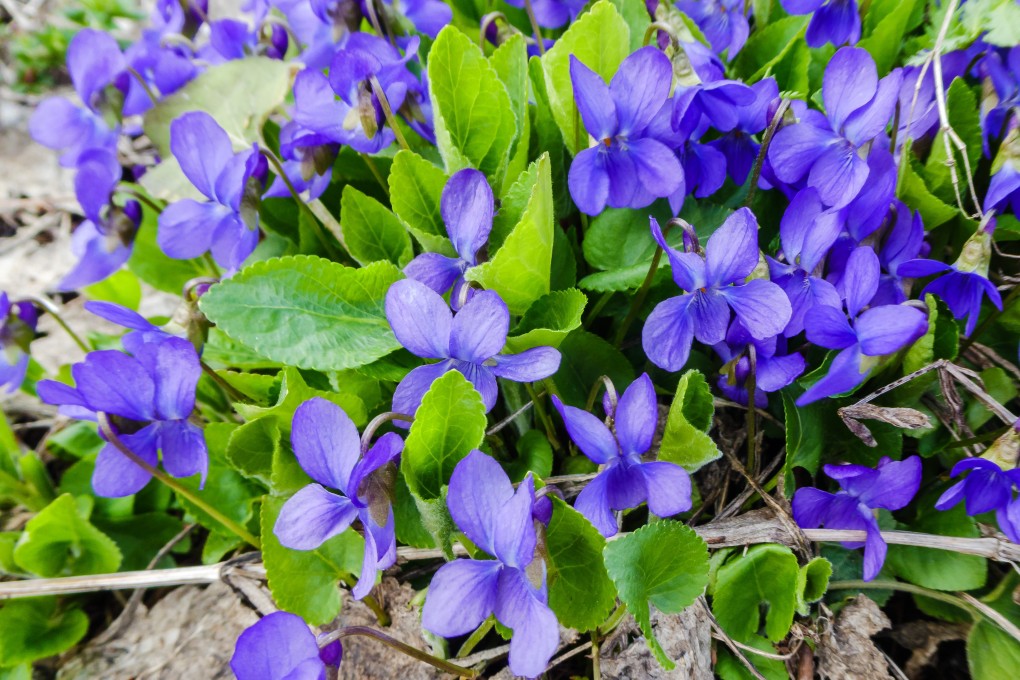The health benefits of edible flowers – from better skin to aiding digestion to their anti-inflammatory properties
- Many flowers contain essential vitamins and minerals and have been used for medicinal purposes for thousands of years
- Edible flowers are an excellent way to incorporate natural colour, texture and flavour into meals, in salads, soups, stews, stir-fries and desserts

When she was a girl, Montana Honeylion’s mother regularly brewed a giant pot of herbal tea, consisting mainly of mint, to soothe sniffles and colds.
“I resisted it as a child, but began to enjoy it as a teenager, sitting around the table with my friends, all drinking cups of mom’s ‘medicine tea’, because it worked. We rarely went to the doctor,” she says.
With her interest in holistic health kindled early, Honeylion later pursued a degree in herbal sciences and started her own business, Warrior Peak Botanicals, to produce herbal medicines. She also teaches classes, including a recent one on medicinal flowers and their uses.
“There are various herbal and edible flowers that many people don’t realise can be integrated into our daily lives,” says Honeylion, who lives in Indianola, in the US state of Washington.

There is an increasing appreciation of edible flowers for their health benefits, and many recent studies acknowledge their value as nutraceuticals – substances isolated from foods that are used for medicinal purposes not usually associated with food.
